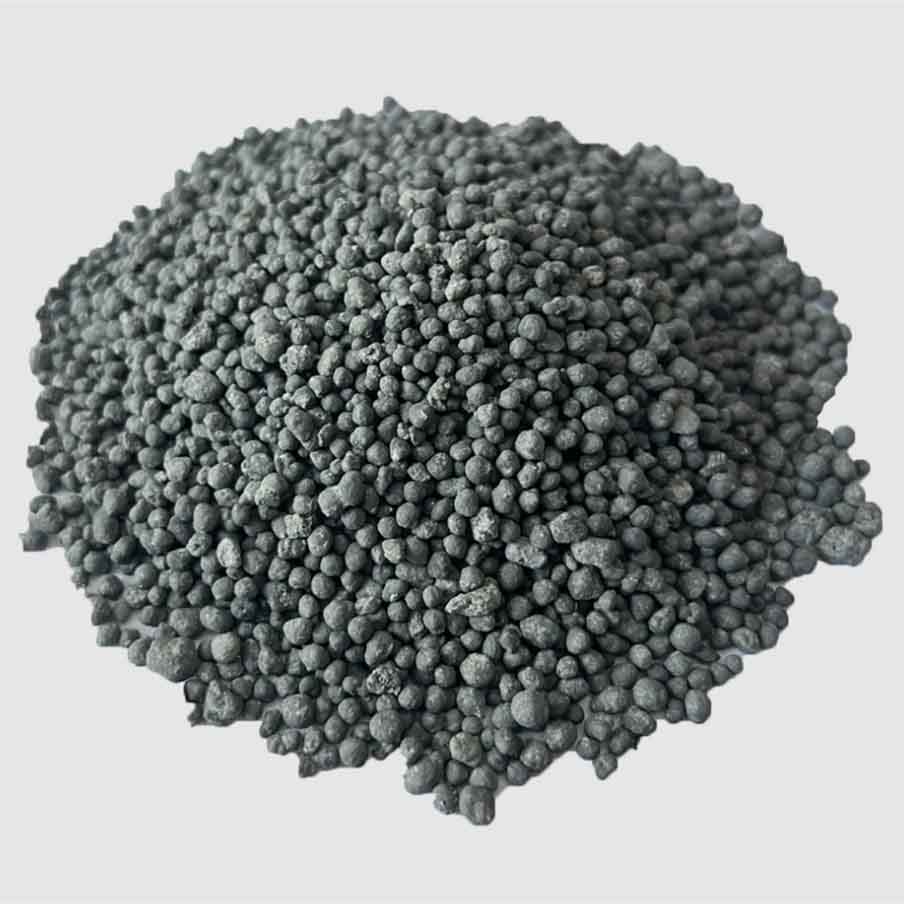
10 сар . 10, 2024 07:56 Back to list
rock phosphate fertilizer
Understanding Rock Phosphate Fertilizer A Natural Solution for Soil Nutrients
Rock phosphate is a naturally occurring mineral that has gained significant attention as an organic fertilizer in the agricultural industry. As the name suggests, rock phosphate is a sedimentary rock that contains high amounts of phosphate minerals, primarily in the form of apatite. Over the years, it has been recognized as an essential source of phosphorus, one of the key macronutrients required for plant growth. In this article, we will explore the characteristics, benefits, and application of rock phosphate fertilizer in agriculture.
Composition and Characteristics
Rock phosphate is composed mainly of calcium phosphate along with varying amounts of other minerals, including iron, aluminum, and magnesium. The phosphorus content in rock phosphate typically ranges between 25% to 40%, making it a valuable resource for enhancing soil fertility. Unlike processed fertilizers, which can contain high levels of chemical additives, rock phosphate is considered a natural fertilizer, making it more appealing for organic farming and sustainable agriculture.
One of the unique characteristics of rock phosphate is its slow-release nature. This means that the phosphorus is not immediately available to plants but is gradually released over time as the mineral breaks down through microbial activity and natural weathering processes. As such, rock phosphate provides a long-term nutrient supply, making it suitable for use in both conventional and organic farming systems.
Benefits of Rock Phosphate Fertilizer
1. Sustainable Phosphorus Source Rock phosphate serves as a sustainable alternative to synthetic phosphorus fertilizers that can lead to soil degradation and water pollution. Its natural origins mean it can enhance soil health without contributing to the chemical runoff that often adversely impacts aquatic ecosystems.
2. Improved Soil Structure The application of rock phosphate can improve soil structure by increasing the organic matter content and fostering the presence of beneficial microorganisms. A well-structured soil allows for better water retention, aeration, and root development, ultimately leading to healthier plants.
3. Cost-Effectiveness For farmers and gardeners looking for cost-effective fertilization methods, rock phosphate can be an economical choice. Its longevity in soils reduces the frequency of application compared to synthetic alternatives, providing cost savings over time.
4. Enhanced Plant Growth Phosphorus is crucial for various plant processes, including photosynthesis, energy transfer, and nutrient uptake. By ensuring an adequate supply of phosphorus through rock phosphate, farmers can promote robust plant growth, higher yields, and improved crop quality.
rock phosphate fertilizer

5. Low Environmental Impact With growing concerns about environmental sustainability in agriculture, the limited environmental impact of rock phosphate fertilizer makes it an attractive option. It minimizes the risk of soil acidification and reduces the likelihood of nutrient runoff that contributes to algal blooms and other ecological issues.
Application Guidelines
To maximize the benefits of rock phosphate fertilizer, it is essential to apply it correctly. Here are some guidelines for effective application
- Soil Testing Before applying rock phosphate, conduct a soil test to determine existing nutrient levels, particularly phosphorus. This helps in understanding the specific needs of the soil and the optimal amount of fertilizer required.
- Application Rate The application rate of rock phosphate depends on the soil's phosphorus status and the specific crop requirements. Generally, rates can range from 200 to 1,000 pounds per acre, but individual needs may vary.
- Incorporation For best results, rock phosphate should be incorporated into the soil rather than applied to the surface. This ensures better contact with soil microbes, enhancing its breakdown and nutrient availability.
- Combining with Other Fertilizers While rock phosphate provides a long-term phosphorus supply, it is often beneficial to combine it with other fertilizers to address immediate nutrient deficiencies.
Conclusion
Rock phosphate fertilizer is a natural and sustainable option for enhancing soil fertility and promoting healthy plant growth. With its numerous benefits, including improved soil structure, cost-effectiveness, and low environmental impact, rock phosphate is increasingly recognized as an essential tool in both conventional and organic farming practices. By understanding its characteristics and application methods, farmers can harness the power of this natural resource to foster sustainable agriculture and safeguard the health of our ecosystems.
-
Premium 10-10-10 Organic Fertilizer for Balanced Plant Growth
NewsAug.10,2025
-
10-10-10 Organic Fertilizer: Balanced NPK for Healthy Growth
NewsAug.09,2025
-
Organic 10-10-10 NPK Fertilizer: Balanced Plant Nutrition
NewsAug.08,2025
-
Best Organic Amino Acid Fertilizer for Vigorous Plant Growth
NewsAug.07,2025
-
10-10-10 Organic Fertilizer | All-Purpose & Water Soluble
NewsAug.06,2025
-
Organic 10-10-10 Fertilizer for Healthy Plants
NewsAug.04,2025
